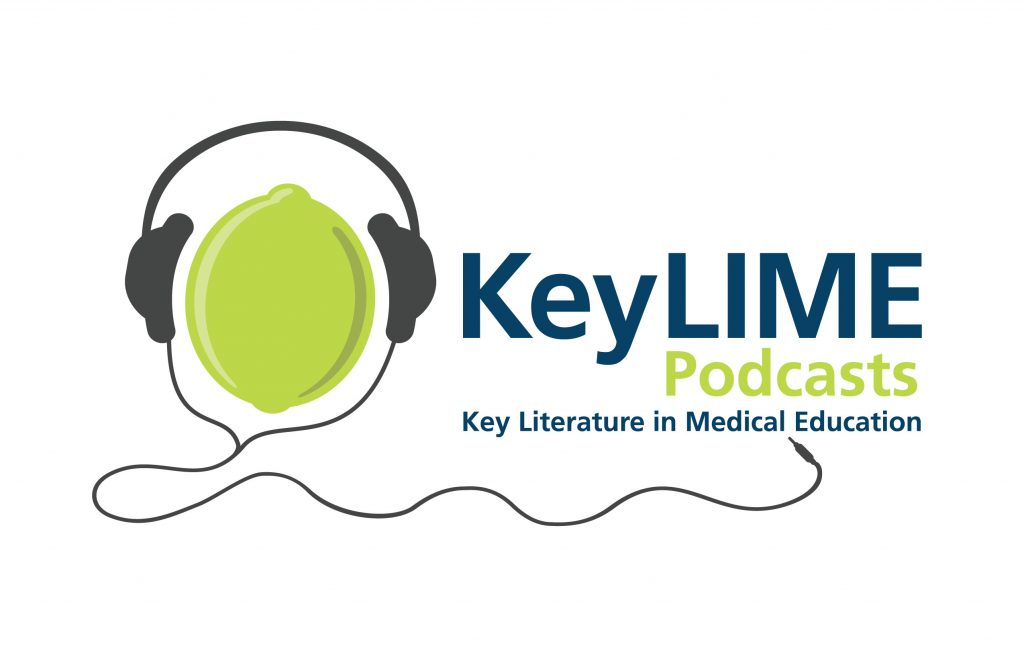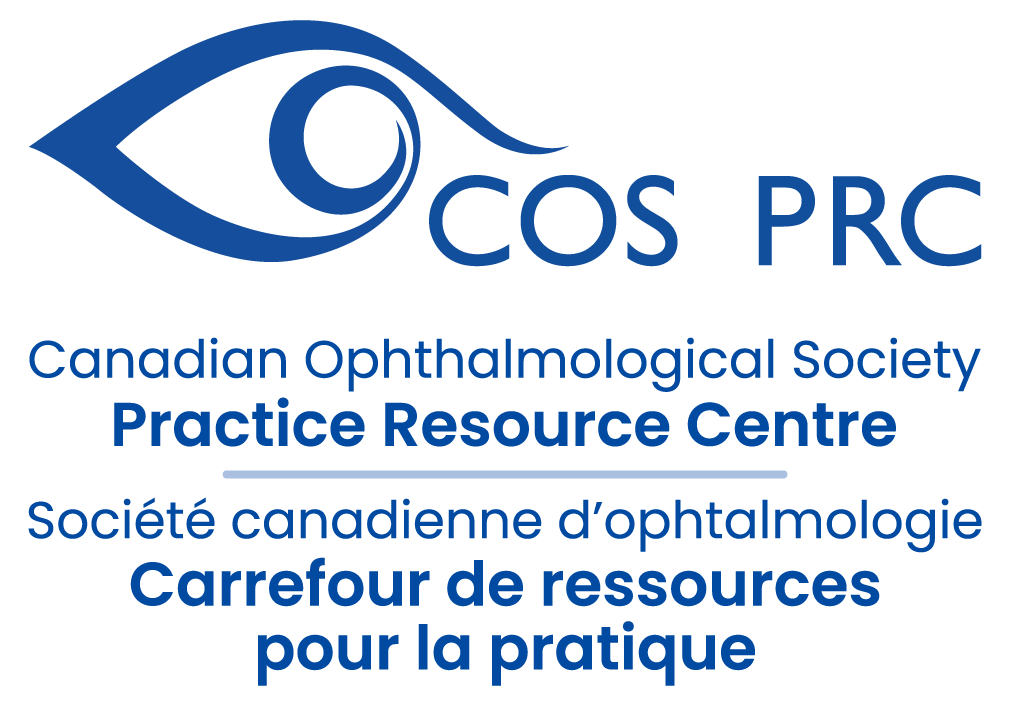CMA Policy on Physician Health
This policy provides a series of broad, aspirational recommendations to help guide stakeholders at all levels of the health system to promote a healthy, vibrant, and engaged profession.
For more details visit the Canadian Medical Association website.

U of T Med: Heal Thyself
U of T Med is an alumni magazine like no other. Bold, ambitious and lively, we dive into medicine’s most pressing topics. Heal Thyself is the U of T Med publication from Summer 2017 addressing the topic of physician mental health.
This issue features:
- Can We Talk About Physician Mental Health?
- Who Heals the Healer?
- The Unspeakable Struggle
- A Heavy Toll
- Under Pressure
- After the Tragedy
- The Millennial Approach
- Ready, Steady, Reset
- Human Beings First and Foremost
- Unvarnished Truth
To review the U of T Med Summer 2017 issue, visit the website.
Why Organizations, Researchers, and Patients Are Falling Prey to Predatory Journals
Participate by Live Stream or in-person on October 10 from 1:30 – 2:30 PM. This interactive talk will provide an overview of what predatory journals are and describe how they are having an impact on organizations, researchers, and patients. In doing so, the talk will touch on related topics including academic incentives, research funding, and science policy. It will discuss the impact of predatory journals on knowledge synthesis efforts and health literacy. It will recommend safeguards that stakeholders can put in place to limit interaction with these journals and to help reduce waste in how biomedical research is shared and used.
The speaker, Dr. Kelly Cobey, is an Investigator at the Ottawa Hospital Research Institute (OHRI) working in the Centre for Journalology.
CPD Credits
Earn 0.5 MOC credits under Section 2 for participating.
Access Details
For more information and to register visit the CADTH website.
Podcast Review: Assessment, feedback and the alchemy of learning
Key Literature in Medical Education (KeyLIME) is a weekly podcast produced by the Royal College of Physicians and Surgeons of Canada. Articles that are important, innovative, or will impact your educational practice are discussed, bringing you the main points in under half an hour.
In episode 191, Creating a risky recipe for learning, host Dr. Linda Snell reviews the paper Assessment, feedback and the alchemy of learning by Watling CJ, and Ginsburg S. The paper delves into the tension between assessment’s focus on judgement and decision making and feedback’s focus on growth and development
Target Audience
Students, Scholars, Teachers
CPD Credits
Earn 0.5 MOC credits under Section 2 for each podcast

Position Statement on the Use of Nonpowder Projectile Weapons, Including Airsoft, BB, Nerf, Paintball, and Pellet Guns
(July 2019 )
Background
The use of nonpowder projectile weapons, including airsoft, ball bearing (BB), Nerf, paintball, and pellet guns, is associated with a risk of eye injury that could result in vision loss, blindness, or loss of the eye. Given the growing number of recreational activities—for both children and adults—involving nonpowder projectile weapons, the COS has developed the following position statement and recommendations to encourage the safe use of these weapons and minimize the risk of eye injuries.
Access Details
Read the full position statement and recommendations from the Canadian Ophthalmological Society (COS).
What’s new at the CJO?
The Canadian Journal of Ophthalmology (CJO) is pleased to announce that we are now accepting submissions of two new article types:
- Research Letters: New or preliminary research findings, early reports of therapeutic trials in a cohort of patients, and survey research.
- Photo Essays: High-quality photographs, photomicrographs, radiologic/other imaging studies, procedural illustrations depicting novel features of clinically important entities.
In addition to these new article type categories, the CJO has also added a new section for Ocular Imaging. Authors are encouraged to submit full length articles, research letters, correspondence/case reports, and photo essays to this new section. For more information on submission requirements, visit the CJO Author Information page.
We look forward to receiving your submissions!
Sustained funding to ensure access to anti-vascular endothelial growth factor drugs
(July 2019)
Access Details
Read the full position paper from the Canadian Retina Society (CRS)
COS and Canadian Corneal, External Disease and Refractive Surgery Society statement to CTV/W5
(April, 2019)
We are saddened about Jessica Starr’s death and convey our sympathy to her family, friends and all who are affected. According to the Centers for Disease Control and Prevention, suicide is one of the leading causes of death in the United States and one of the few that is rising. However, it cannot be reduced to any single cause, and there is no clinical evidence linking suicide to laser vision correction surgery.
Based on the 7,000+ studies conducted, the millions of satisfied patients and the successful twenty years in-market history, we are fully confident in the safety and efficacy of laser vision correction for qualified candidates.
The safety and the benefits of laser vision correction procedures have been recognized by organizations with the highest standards for safety and visual acuity — including the U.S. Military and NASA, who conducted their own independent research. Today, these organizations make laser vision correction procedures available to improve the vision of their most elite personnel, including sharpshooters and astronauts.
Not everyone is a candidate for laser vision correction and every individual must weigh the risks and benefits of an elective medical procedure. The Canadian Ophthalmological Society and the Canadian Cornea, External Diseases and Refractive Surgery Society actively support patient education efforts with the goal of ensuring those who are interested in laser vision correction get the information they need to make the right decision for themselves and their vision.
Anyone contemplating suicide or worried about a friend or loved one should contact the Canada Suicide Prevention Service (CSPS) at the following toll-free number: 1-833-456-4566. Services are available in English and French, 24 hours a day.
Medical use of cannabis for dry eye disease
November 2018
Background
The clinical value of cannabis in alleviating the symptoms of dry eye disease (DED) is limited at this time due to a lack of clinical evidence.
The Canadian Ophthalmological Society does not support the medical use of cannabis for the treatment of DED or its associated pain symptoms, due to its undesirable side-effects, including dry eye symptoms if smoked, and the absence of scientific evidence showing any beneficial effect at this time.
Other evidence-based, less harmful treatment modalities are available for DED and its associated symptoms.
Access Details
Read the full position statement and recommendations from the Canadian Ophthalmological Society (COS).



